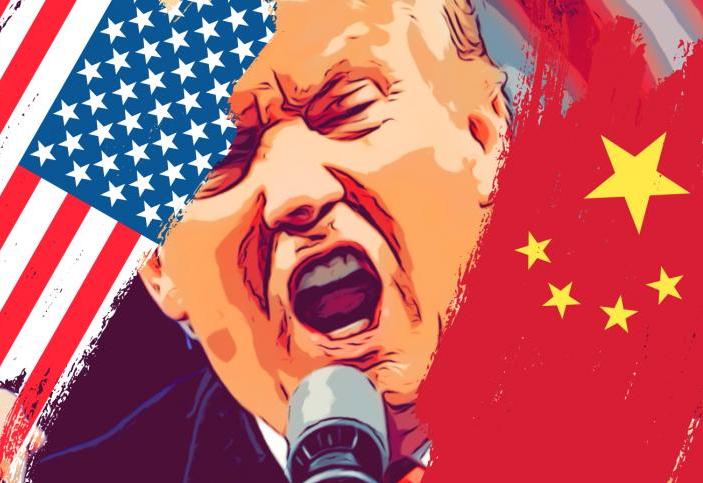Zhang Monan, Deputy Director of Institute of American and European Studies, CCIEE
Jun 27, 2019
In updating its Foreign Investment Law, Beijing makes clear its continued commitment to improving China’s business environment. Indeed, China is pushing back on the global trend of “deglobalization.” Nonetheless, Beijing must take into account new US restrictions based on national security.
Wu Zurong, Research Fellow, China Foundation for Int'l Studies
Jun 26, 2019
To make America great again—or “keep America great,” as Trump’s reelection slogan goes—in plain language means effectively strengt
Andrew Sheng, Distinguished Fellow at the Asia Global Institute at the University of Hong Kong
Xiao Geng, Director of Institute of Policy and Practice at Shenzhen Finance Institute, Chinese University of Hong Kong
Jun 26, 2019
American multinationals may like the idea of forcing China to alter the policies and practices – from subsidies for state-owned enterprises to the requirement that foreign firms share proprietary technology in exchange for access to the Chinese market – that place them at a competitive disadvantage. But, as US President Donald Trump’s trade war continues to escalate, it is worth asking: What price are these companies really willing to pay?
Stephen Roach, Senior Fellow, Yale University
Jun 26, 2019
Blinded by a surging stock market and a 50-year low in the unemployment rate, few dare to challenge the wisdom of US economic policy. Instant gratification has compromised the rigor of objective and disciplined analysis. Big mistake. The toxic combination of ill-timed fiscal stimulus, aggressive imposition of tariffs, and unprecedented attacks on the Federal Reserve demands a far more critical assessment of Trumponomics.
Kemel Toktomushev, Research Fellow, University of Central Asia
Jun 26, 2019
Since its inception, the Shanghai Cooperation Organization (SCO) has been criticized for lacking direction and enforcement power. Yet, the SCO still has a place as a discussion forum for top leadership in the region. We must reevaluate our expectations for the SCO and recognize that the creation of a discussion forum is a success in its own right.
Rene Zou, China-focused policy analyst with a dual master’s from Sciences Po, Paris and Peking University
Jun 26, 2019
In a trade war between two of the world’s largest economies, there are no winners. The U.S.-China trade spat will have spillover effects, with severe consequences for not only Asia, but the rest of the world.
Xu Hongcai, Deputy Director, Economic Policy Commission
Jun 24, 2019
The benefits of Sino-US trade—new jobs, more efficient division of labor, an engine for the world economy—have seemingly been forgotten. But all is not lost. If China and the US can reconnect, new opportunities beckon: in infrastructure, energy, tech, climate change, and beyond.
Wang Wei, Associate Researcher, Chinese Academy of Social Sciences
Jun 21, 2019
In a global economy marked by constant technological change, innovation drives growth—thus, the prospect of Sino-US “tech decoupling” would harm both countries’ ability to learn from the other.

Philip Cunningham, Independent Scholar
Jun 18, 2019
President Trump’s childish whims on trade issues can be an opportunity for diplomats who stick to the high ground.
Su Jingxiang, Fellow, China Institutes for Contemporary International Relations
Jun 18, 2019
With negotiations breaking down, the China-US trade war now seems less about temporary disputes and more about a US plan to win a “clash of civilizations.” But this clash would mean unwinding generations of economic integration, with potentially disastrous results.
Back to Top

- China-US Focus builds trust and understanding between the U.S. and China through open dialogue among thought leaders.
- Our Offerings
- Topics
- Videos
- Podcasts
- Columnists
- Research Reports
- Focus Digest
- Stay Connected
-
Thanks for signing up!
- Get the latest stories from China-US Focus weekly.